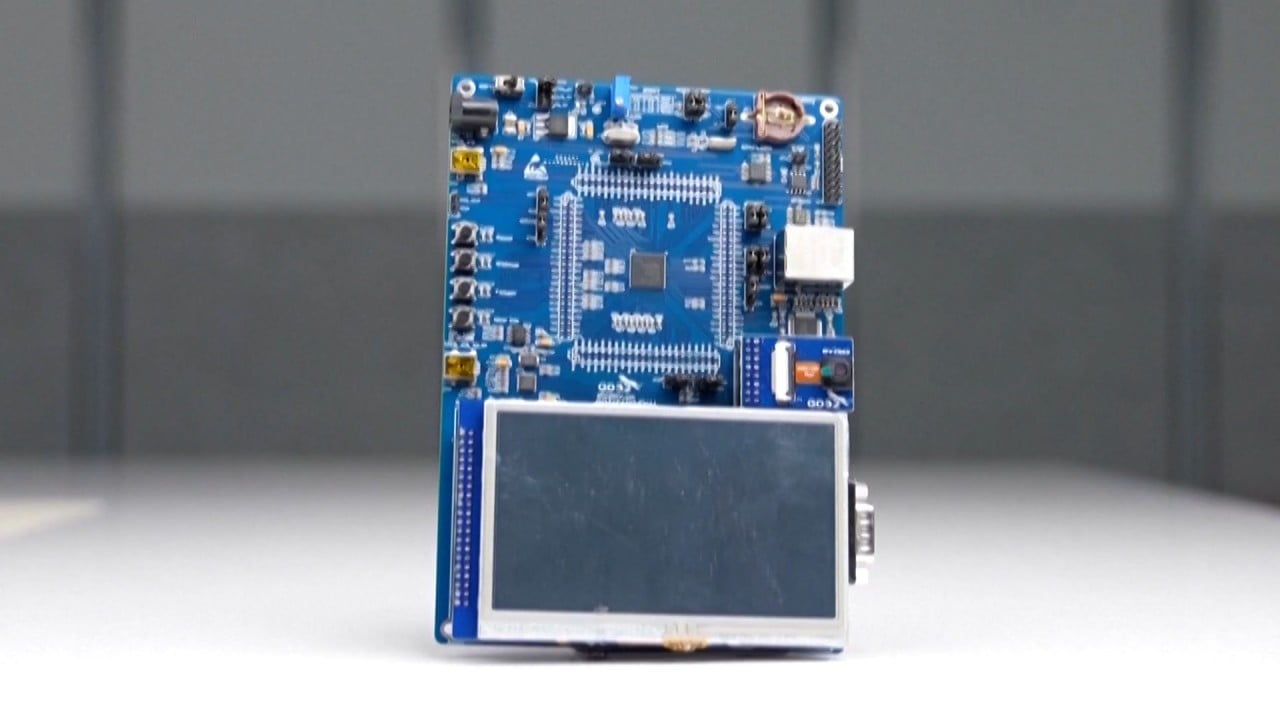“You don’t want the cutline to be so broad that you deny American companies revenue and China can get the products elsewhere, or China gets products from other countries, so what we’re trying to do is be narrowly defined [and] work with our allies on these chokepoint technologies.”
Over the past year, the US and its allies have stepped up restrictions on China’s access to advanced chips and related equipment, especially from major world supply chain players Japan, South Korea and Taiwan.
China’s imports of integrated circuits fell by 18.5 per cent in the first half of 2023 from a year earlier by volume, Chinese customs data showed, steeper than a mild downshift in overall inbound shipments of goods over the same period.
Officials in Beijing have accused the US of trying to rein China in, and responded by pursuing hi-tech self-sufficiency.
China plans to become a “self-sufficient, global leader” in semiconductors, big data, robotics and artificial intelligence, Moody’s Investors Service said last week.
The US government does not anticipate expanding the Chips and Science Act into a broader industrial policy, Raimondo added, although follow-up legislation is possible depending on the will of the US Congress.
The act, she said, is intended only to address a “vulnerability” in Asia.
Signed into law by US President Joe Biden in August, the act earmarks US$53 billion for domestic semiconductor production and research.
It has prompted US$200 billion in commitments by companies to invest in the US, the Semiconductor Industry Association said in May.
We have to be strategic and make sure we have enough leading edge here
US officials also plan to strengthen bonds with Japan, South Korea and countries in Europe despite possible hi-tech competition among political allies, Raimondo said.
“We have to be strategic and make sure we have enough leading edge here, but if we do it right, Korea, Japan and Europe will benefit and we’ll have a more secure, resilient supply chain and we all have to keep our eye on the ball of China,” she said.
Raimondo’s comments follow US Treasury Secretary Janet Yellen saying earlier this month that possible new investment curbs aimed at China would be “narrowly targeted” and focus on “a few sectors”.
Beijing sees the Chips and Science Act as part of a US effort to restrain its technological progress, describing the US administration’s tech curbs imposed last year as aiming to “contain” China.


